 Boston Marathon bomber Dzhokhar Tsarnaev’s appeal of his death sentence is likely to focus on the judge’s refusal to move the trial out of Boston and the prosecution’s barrage of heartbreaking testimony from more than a dozen victims of the attack.
Boston Marathon bomber Dzhokhar Tsarnaev’s appeal of his death sentence is likely to focus on the judge’s refusal to move the trial out of Boston and the prosecution’s barrage of heartbreaking testimony from more than a dozen victims of the attack.
While the case will probably take years to wend its way through the courts, legal observers say there are some obvious grounds for challenging the punishment handed out by the jury Friday to the 21-year-old former college student for the 2013 bombing that killed three people and wounded more than 260.
Tsarnaev’s lawyers fought to get the trial moved, warning that too many people had personal connections to the marathon or the tragedy and that the anguish in Boston was just too powerful to find an impartial jury. But U.S. District Judge George O’Toole Jr. rejected all four change-of-venue motions, and a federal appeals court backed him, 2-1.
“The venue thing is obviously strong. Anybody who would sit on the jury in Boston has been personally affected by the event in question,” said Eric M. Freedman, a death penalty specialist and professor of constitutional law at Hofstra Law School.
Others say the judge had valid reasons to keep the trial in Boston and scrupulously tried to weed out potential jurors who were biased.
“He did very careful questioning before seating them on the jury,” said George Vien, a former federal prosecutor in Boston. Vien added: “If they had granted the change of venue, what are the victims and the victims’ families supposed to do? Are they going to travel and live in Iowa for months?”
Tsarnaev’s lawyers may also argue that the judge allowed too many amputees and others who were hurt in the bombing to describe their traumatic experiences and severe injuries in great detail.
Such graphic testimony can cause jurors to be overcome by sympathy for the victims and cloud their judgment, said David Hoose, a death penalty lawyer in Massachusetts.
“I think there’s a strong argument to be made here that the judge really did not do much of anything to properly rein this in,” he said.
Still, he said judges are given considerable latitude in deciding how much victim testimony to allow.
“The problem is on appeal that courts tend to say, ‘Well, it might have gone a little too far, but it was within the judge’s discretion,’ or ‘We don’t think it made an ultimate difference in the outcome,” Hoose said.
Another issue Tsarnaev’s lawyers could raise is the judge’s refusal to tell the jurors that if they were unable to reach a unanimous decision on death, a sentence of life in prison without parole would automatically be imposed.
Freedman said such instructions are often given in capital cases to let the jury know that the case will not be tried all over again – the usual outcome when a jury can’t reach a unanimous verdict.
“It’s done to avoid a juror wrongly speculating that ‘OK, suppose I hold out against all these people. They’re just going to re-try the damn thing anyway, so I might as well go with the flow,'” Freedman said.
Massachusetts is a famously liberal state that abolished its own death penalty more than three decades ago, and polls showed that a majority of Massachusetts residents opposed execution for Tsarnaev. But that sentiment may have had little bearing on the case.
Jurors in capital cases must be “death qualified,” meaning only those willing to consider a death sentence can serve. Anyone unalterably opposed to capital punishment cannot be on the jury.
“All the citizens of Boston who are opposed to the imposition of the death penalty for this defendant are the very citizens of Boston who aren’t eligible to sit on the jury,” Freedman said.
(AP)

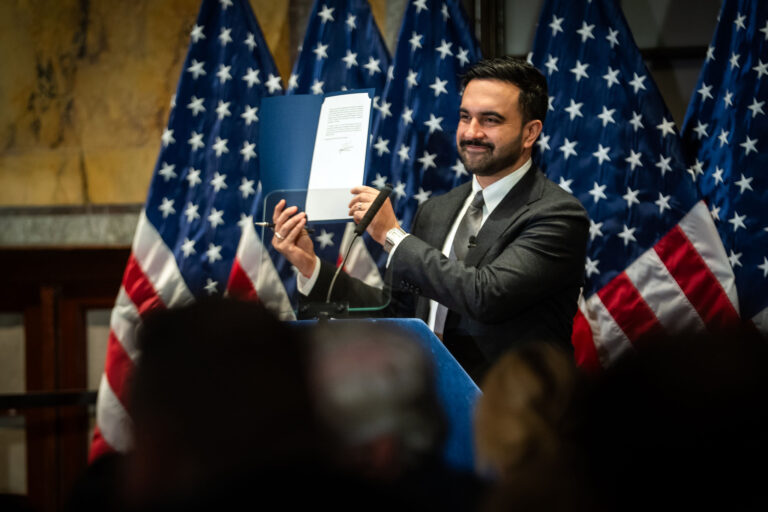

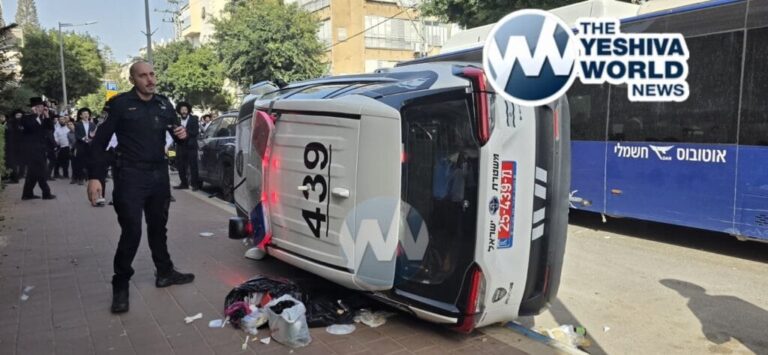


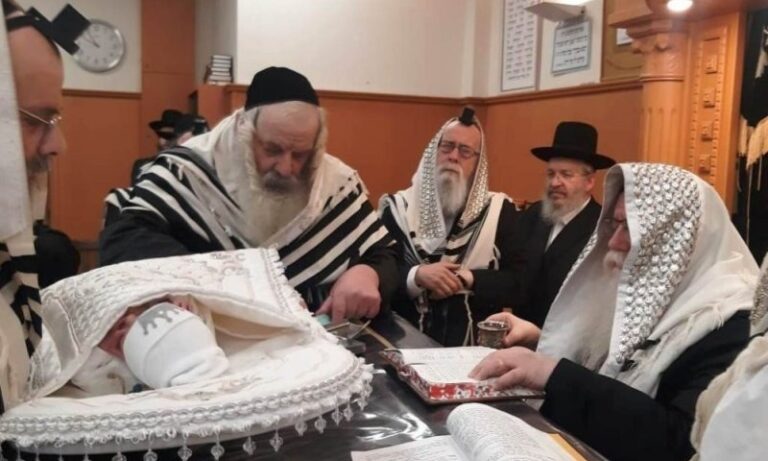
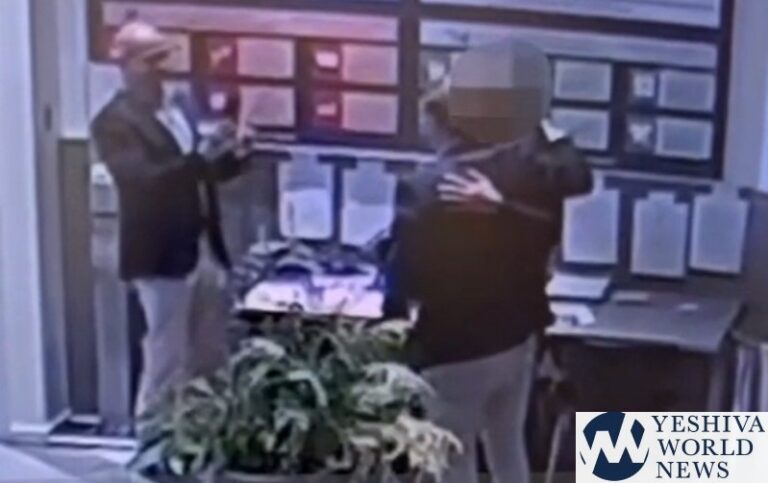


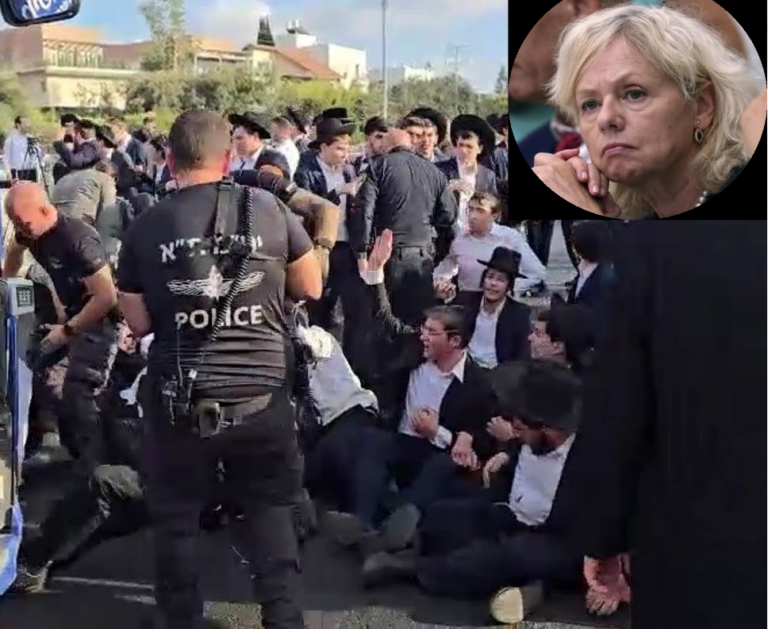
2 Responses
uviarta harah mikirbecho
lets spend $25 milliion dollars and wind through the courts for 18 yrs so katzenberg, ratzenberg and friedman can argue that this piece of human filth deserves to live.